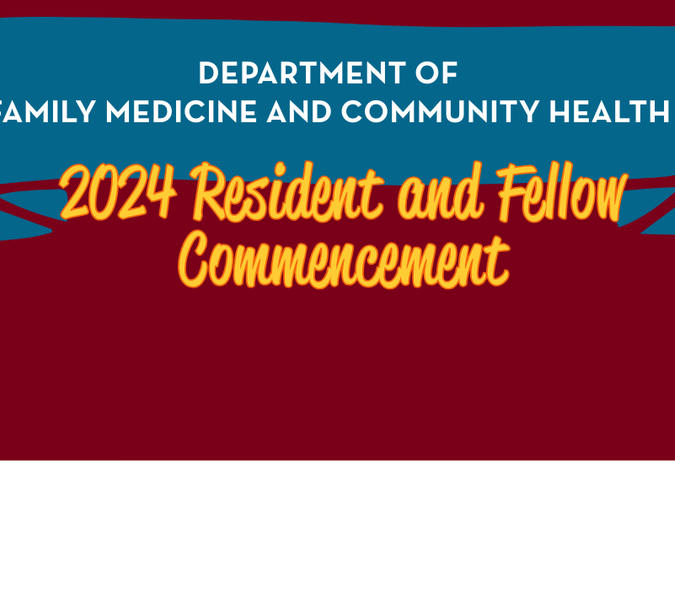New NIH R01 Awarded to Examine the Pathways Between Food Insecurity and Cardiometabolic Health in Diverse Children and Adolescents
Jerica Berge, PhD, MPH, LMFT, CFLE, along with Katie Loth, PhD, MPH, Alicia Kunin-Batson, PhD, LP (Pediatrics), Megan Oberle, MD, MSHP (Pediatrics), and Aaron Kelly, PhD (Pediatrics) were awarded $3,005,580 under the R01 mechanism on behalf of the National Heart, Lung, and Blood Institute (NHLBI) (NIH) for their grant entitled "Examining Pathways Between Food Insecurity and Cardiometabolic Health in Diverse Children and Adolescents." Amanda Trofholz is the project director of the study and the pre-award staff that submitted the grant were Kendall Choate and Urszula Parfieniuk. The post-award account who will be managing the award is Tim Sanford.
Food insecurity is a social determinant of health known to be associated with metabolic and cardiovascular disease in adults. However, there is a gap in our knowledge; specifically, a lack of studies investigating factors that influence the emergence of cardiometabolic risks from food insecurity during childhood and adolescence. An improved understanding of the role of timing and severity of food insecurity on children's cardiometabolic health, the mechanisms/pathways between food insecurity and cardiometabolic health, and the factors that buffer against or exacerbate this risk are needed to inform intervention development to prevent later cardiometabolic disease amongst children who are food insecure. The main objective of this prospective study is to understand how cardiometabolic risk arises from food insecurity during childhood and identify malleable factors for intervention to buffer the negative health impact of food insecurity on adolescent's cardiometabolic health. Families (n=627) from diverse backgrounds will participate in this observational longitudinal study.
This study is innovative because it represents a departure from the status quo by focusing on when and how cardiometabolic risk emerges from food insecurity during childhood and the multi-level factors which buffer against or exacerbate this risk, and significant because it is expected to have implications for intervention development to reduce food insecurity to prevent future cardiometabolic diseases among diverse children and adolescents.
Learn more about the Department of Family Medicine and Community Health Research Division



